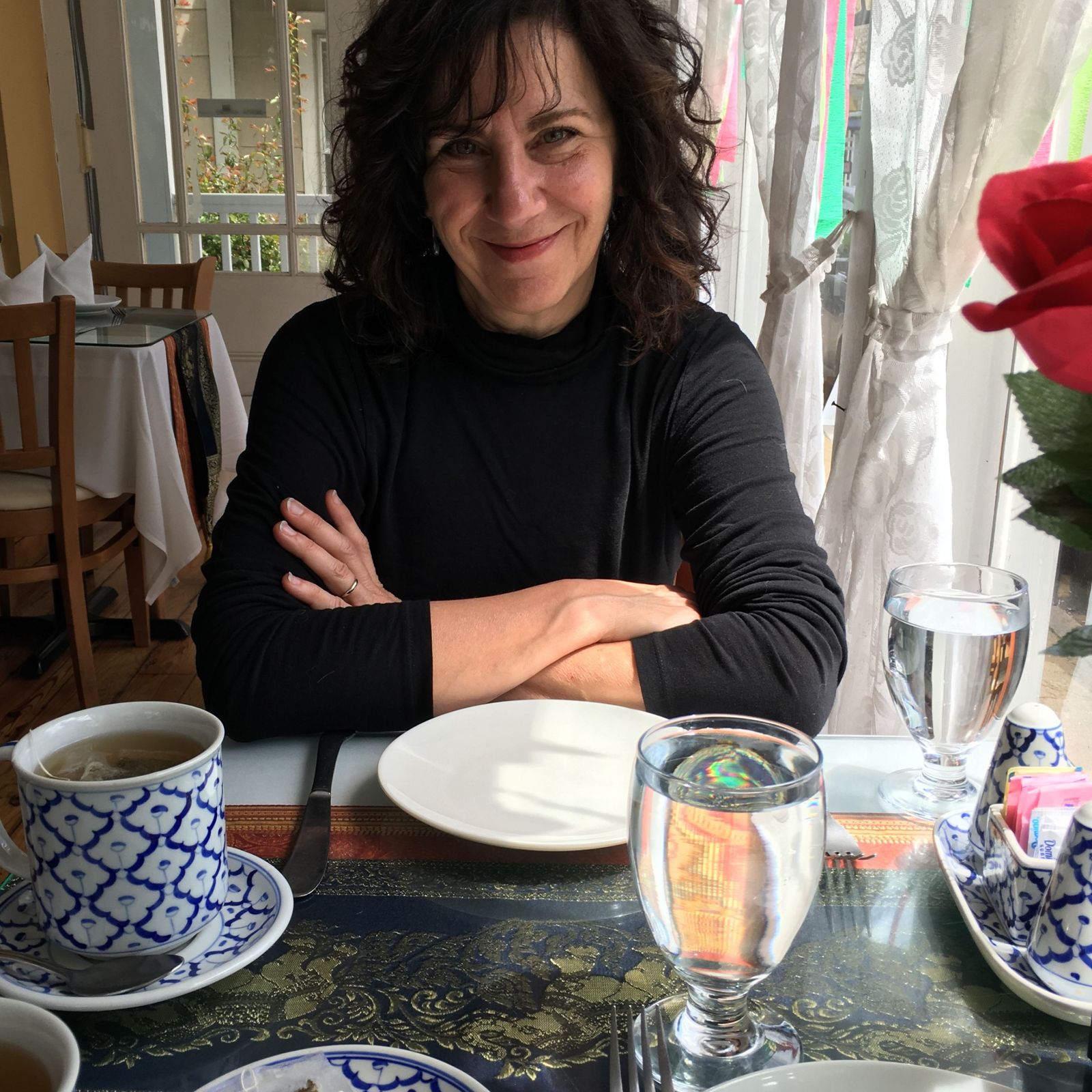What does it mean to be true?
Some common synonyms of the word true are real, genuine, authentic, sincere, faithful, dedicated, loyal. You can be true to your partner, meaning you are faithful. Similarly, you can be true to those who rely on you by honoring your commitments, or you may be true to loved ones by demonstrating loyalty.
And yet, so many good people fail to be true to themselves, even while respecting and honoring the needs of others. It is very common. Have you ever wondered why? Are you caught in this mindset? Why is it so much easier to be true to others than to ourselves?
Quite simply: a message.
From infancy on, cultures and religions teach us values in the form of messages. These messages can be seen in every facet of our world. They are reinforced in the home and become embedded in our cultural institutions.
What can be particularly baffling, however, is that in western society we receive messages that are often at odds. First, we are taught that individualism is good. Follow your dreams! You can be whatever you want to be!
Sounds great.
But then there is the confusing counter-message: If you prioritize your needs over others’ then you are selfish, and that’s bad. We might criticize and judge people who do just that, and maybe even feel a bit envious of them at the same time. How come they get to do it?
At its most extreme, we even value martyrdom – the sacrificing of one’s own life or liberty for a higher cause or purpose. To varying degrees, we humans have been known to martyr ourselves to societal messages and external pressures that we’ve adopted, whether they are true to our heart’s purpose or not.
Worse yet, we are frequently taught to suppress the acknowledgment and expression of our own value…we confuse the concept of self-value with arrogance. It’s super unattractive to brag.
Seriously, we can be so messed up!
Well-known contemporary Buddhist, Pema Chodron, said this: “In order to have compassion for others, we have to have compassion for ourselves.”
She goes on to say that in Tibetan Buddhism there is a meditation practice called tonglen.
“Tonglen reverses the usual logic of avoiding suffering and seeking pleasure and, in the process, we become liberated from a very ancient prison of selfishness. We begin to feel love both for ourselves and others and also we begin to take care of ourselves and others. It awakens our compassion and it also introduces us to a far larger view of reality. It introduces us to the unlimited spaciousness that Buddhists call sunyata. By doing the practice, we begin to connect with the open dimension of our being.”
Word.
Just sit with that bit of wisdom for a moment. Let it settle in.
What the Buddhists got right.
Tibetan Buddhists will tell you that there is something very important missing in western societies: the fundamental concept of loving and honoring the Self. Buddhists are really into compassion – not so much the emotion or feeling of compassion, but the universal concept of compassion. Buddhists question the logic of subordinating compassion for Self to the needs of others. Are we not people too?
When we are allowed to value ourselves equal to others, then we may honor our own gifts and desires unfettered by judgment. Our truth can be seen as both legitimate and worthwhile.
The best part? When you are true to yourself you are likely to be on fire about life. You are your whole self, which means you have more of your goodness to share with others. By example, you also give permission to others to be true to themselves. In short, being true to yourself is quite possibly the most meaningful thing you can do for others.
I’ve just got to be true to myself…because when I do, then I give the best of me to you.
~ From the song True by Brumbylon
Update: We are getting SO excited to tell you more about our CLIMB A MOUNTAIN workshop! We’ll be announcing it soon on our Facebook page!
Keep calm and Brumbylon.
Thanks for hanging out with me – have a great week!
~ Lisa

“The seed that grows toward the light begins in darkness.”


Recent Comments